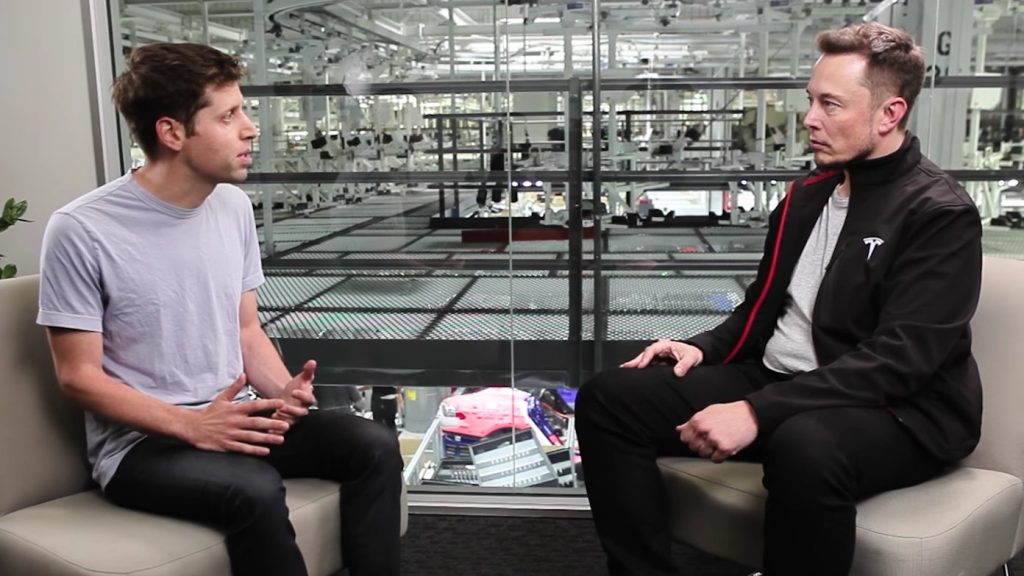Following Elon Musk’s departure from OpenAI in 2018, his relationship with the organization’s CEO, Sam Altman, has deteriorated significantly.
In public statements, Musk has voiced his disapproval of the direction OpenAI has taken since his departure, particularly its shift away from the non-profit model on which it was originally founded. While Musk’s criticisms were initially limited to expressions on social media platforms like Twitter, he has now escalated his disagreement with OpenAI’s current leadership by taking legal action.
Accusations Against Sam Altman and Gregory Brockman for Breach of OpenAI Founding Agreement In a complaint filed on Thursday, February 29, Musk alleged that Altman and fellow OpenAI co-founder Gregory Brockman violated the terms of an agreement established when OpenAI was first established in 2015.
At that time, Musk provided a significant portion of the initial investment for the project, which was established as a non-profit research organization dedicated to the development of responsible AI systems.
However, following OpenAI’s incorporation as a for-profit entity in 2019, Musk has initiated legal proceedings against Altman and Brockman for breach of contract.
The complaint asserts that OpenAI’s founding agreement has been fundamentally altered, particularly with its association with Microsoft.
Contrary to its original principles of being non-profit and open-source, the new iteration of OpenAI has allegedly become “a closed-source de facto subsidiary” of one of the world’s largest technology companies, according to Musk’s lawsuit.
You migth like: What is Celestia (TIA)? What Does It Do?
GPT-4: Departure from Open AI’s Original Mission According to Musk’s lawsuit, Altman and Brockman were obligated under the founding agreement to develop AI “for the benefit of humanity rather than for any for-profit company or personal profit.”
However, with the development of the GPT-4 language model, the lawsuit claims that the defendants “departed significantly from their mission in breach of the Founding Agreement.”
The complaint highlights that “GPT-4 is an entirely closed model,” which goes against the ethos of “open AI” on which the venture was established. Musk’s suit suggests that Microsoft stands to profit immensely from selling GPT-4 to the public, a scenario that would be unlikely if OpenAI were to fulfill its obligation to make the technology freely accessible.
Legal Troubles for Sam Altman In addition to Musk’s lawsuit, Sam Altman is also under investigation by the Securities and Exchange Commission (SEC) over potential deception of OpenAI investors.
Following Altman’s temporary removal from OpenAI in November due to alleged lack of full transparency with the board, the SEC is reportedly examining the CEO’s internal communications closely.


